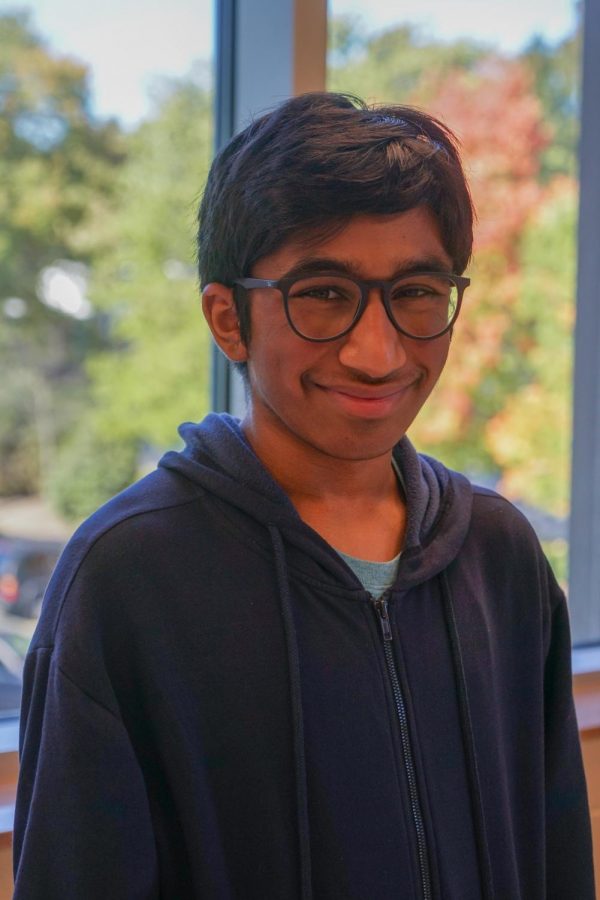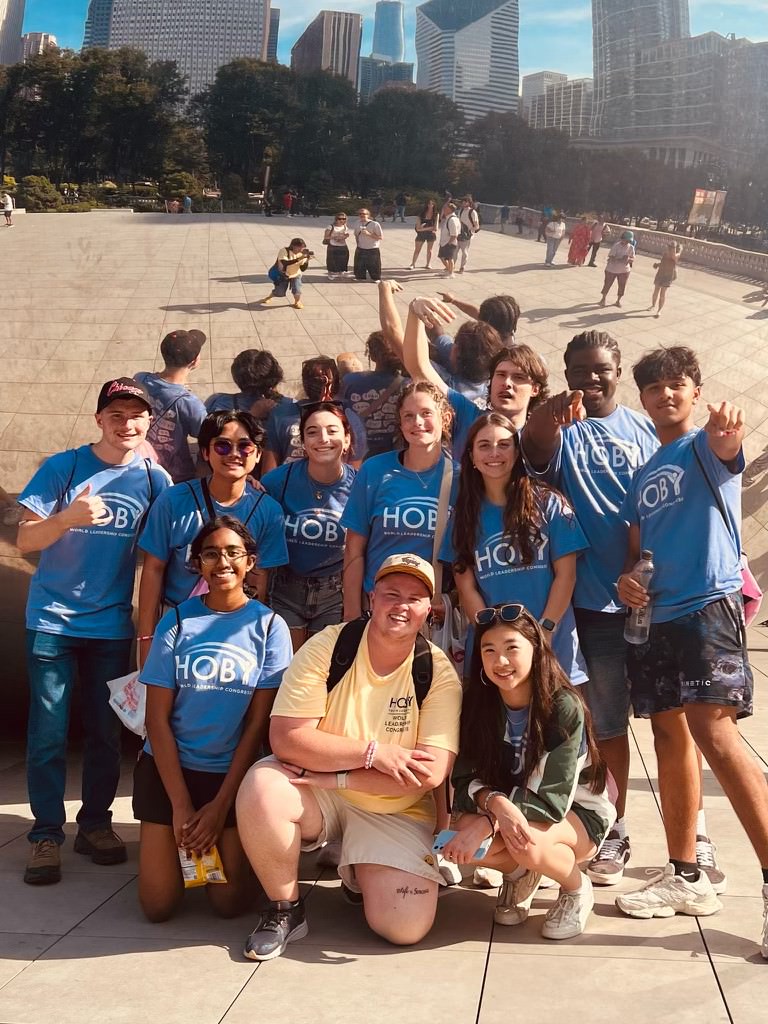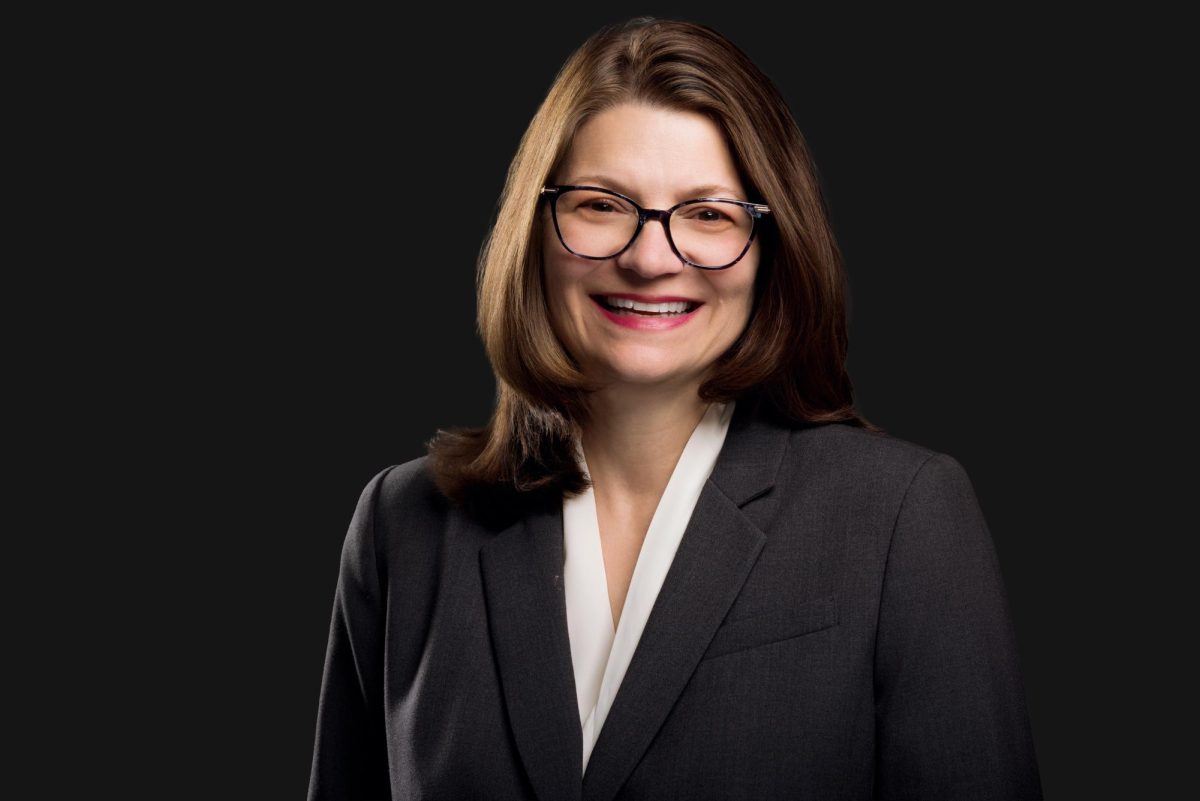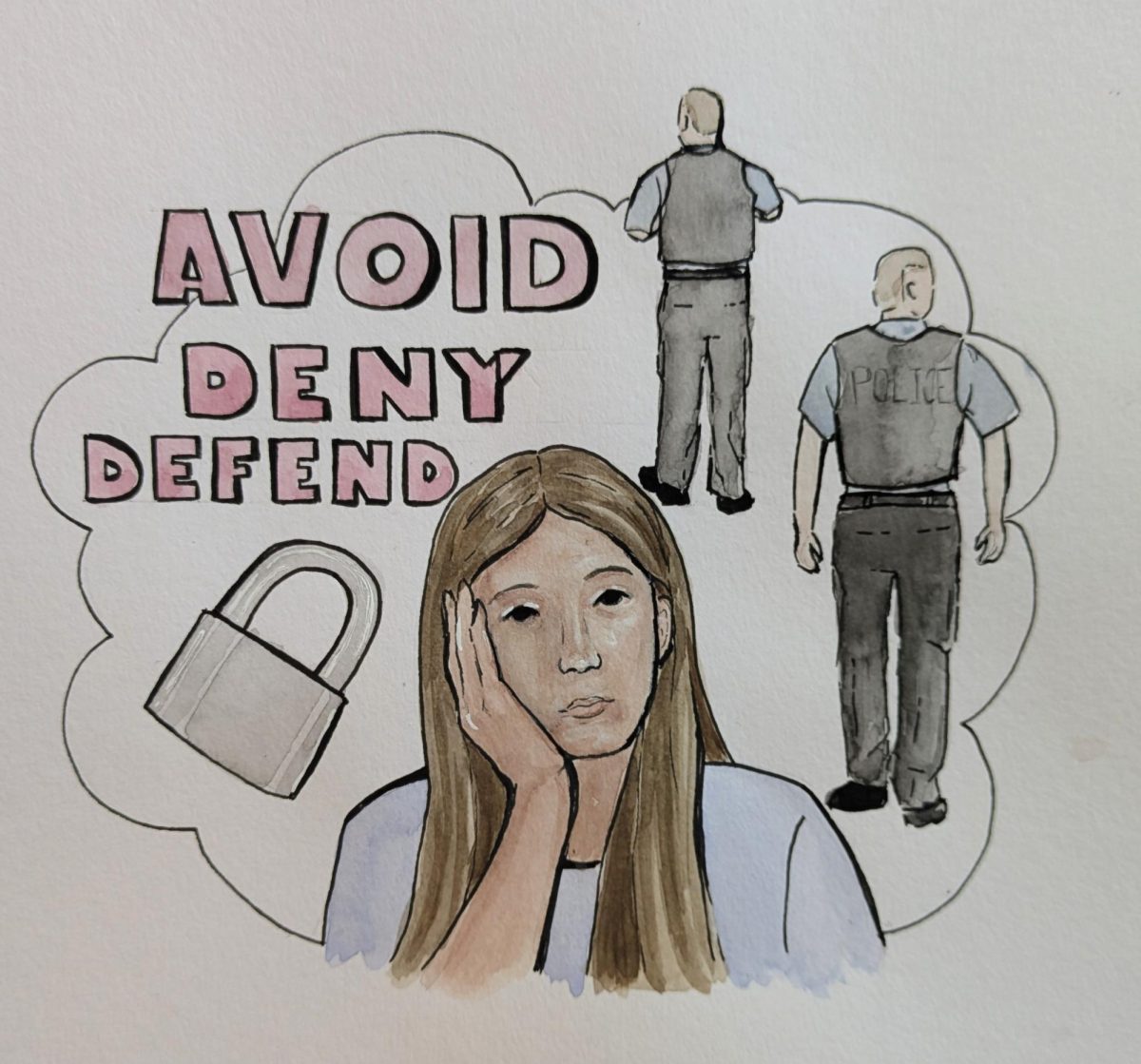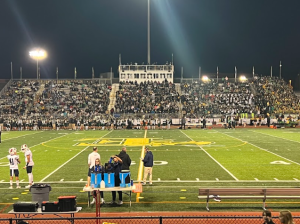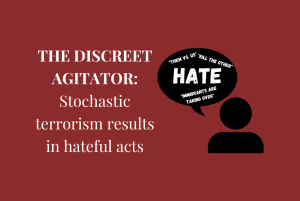Islam champions peace, not terror
Nov 5, 2021
This previously ran in our October 2021 print issue.
Feb. 6, 1993. Sept. 11, 2001. April 15, 2013. Dec. 2, 2015. These dates swirl around in my head as I remember terrorist attacks around the U.S. committed by Islamic extremists. In more recent news, I think about the killing of British MP David Amess and the Norway terrorist attack where a man stabbed 5 people to death.
When I heard that the terrorists behind these two attacks were Muslim, I felt the dread returning, knowing that news agencies would make it a point of mentioning that the attackers were Muslim. I was afraid that this might spark a new wave of hatred in Europe against Muslims, out of fear of more terrorist attacks.
Textbooks often make it a point to show that the attackers on Sept. 11, 2001, were Muslim. In contrast, the domestic terrorists from the Oklahoma City Bombing in 1995 are never referred to as “the Christian terrorists,” despite the fact that the main instigator, Timothy McVeigh, was a Christian. Then how is the fact that the terrorists behind 9/11 claimed to practice Islam relevant here? They were terrorists who committed a horrible crime. End of story.
Except that it’s not. In October of 2001, the FBI recorded that hate crimes against Muslims and those perceived to be Muslims increased by 17%. That same month, the Human Rights Watch also saw dramatic spikes in anti-Muslim hate crimes.
Islamophobia still persists in America two whole decades after 2001. At a 2015 campaign rally, former President Donald Trump called for a “total and complete shutdown of Muslims entering the United States.” In 2017, the same year Trump signed Executive Order 13769, also known as the “Muslim Ban,” Islamophobic hate crimes rose 15%.
Regardless of whether or not one agrees with the Muslim Ban, the fact remains that not enough action is being taken to combat Islamophobia. The only time that schools focus on Islam is for about a month and a half in 7th grade. In contrast, American history is the subject of more than 3 years of study. We live in America, so we should learn about American history. However, it’s worth noting that Muslim history and American history are portrayed to be separate, while, in reality, America’s story is intertwined with the history of the world, in which Islam is a force of good more often than it is not.
The story of Islam is part of the story of America. Yusuf Ben Ali, also known as Joseph Benhaley, was a Muslim member of the Continental Army during the Revolutionary War. CNN’s Fareed Zakaria is Muslim, as well as the famous boxer Muhammad Ali. Far from trying to attack our democracy, many Muslims have helped it. Former Rep. Keith Ellison of Minnesota is only one among several Muslim politicians working to improve our government.
Despite all these contributions, Islam is still perceived as a religion of terror and violence, not one of peace. Extremists who claim that apostasy–abandonment of religion–is a sin to be punished by death are incorrect. The Quran, the sacred text of Islam, states that, “There should be no compulsion in religion” (2:257). Extremists disobey the Quran when they punish people for not being Muslim, for leaving Islam, or for not being a practicing Muslim. I cannot stress enough that this is not true Islam.
True Islam is love for all. True Islam is jihad of the pen, not of the sword. Most of all, true Islam is peace.


